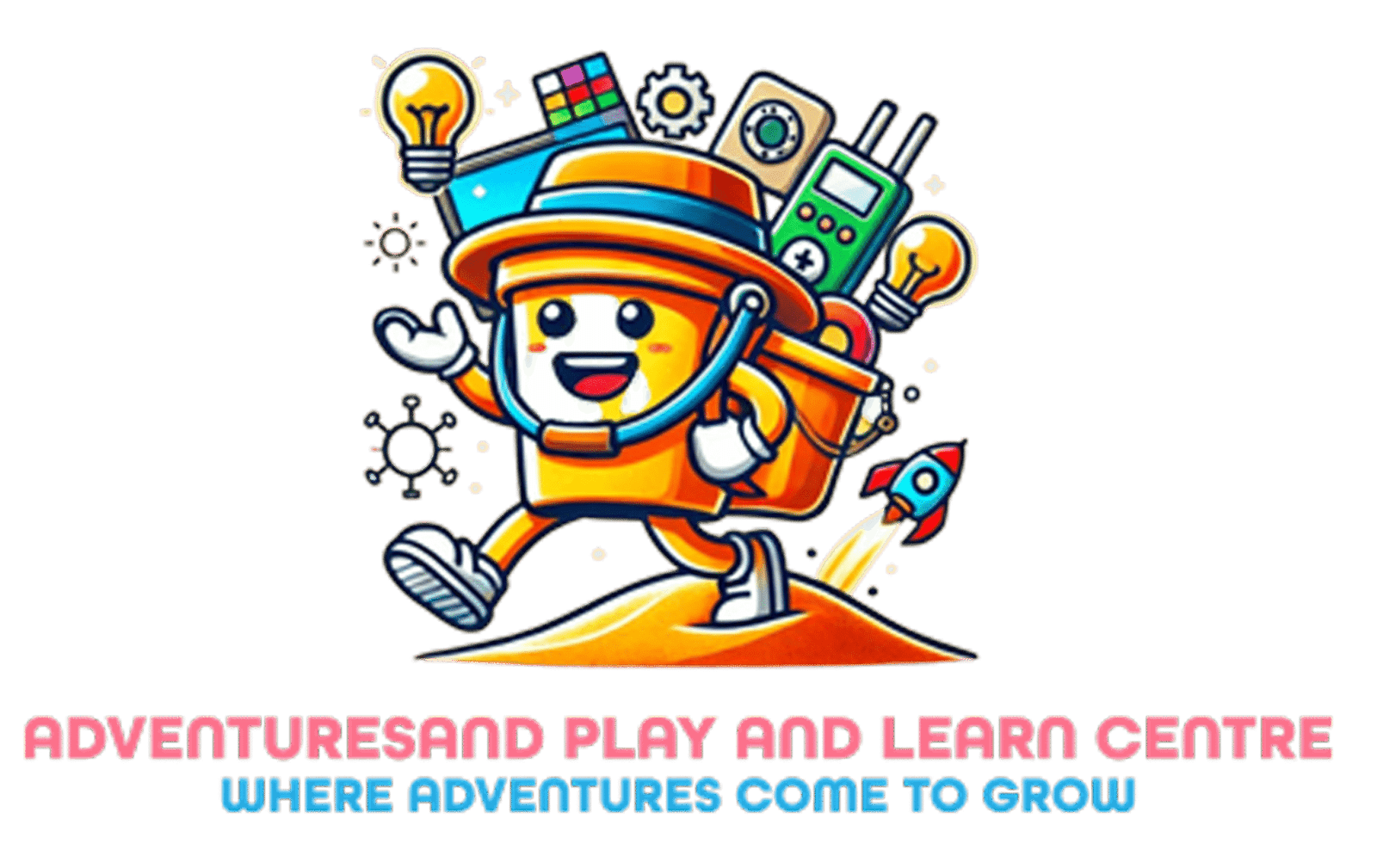Educating with excitement
Augmented Reality (AR) is rapidly transforming education by creating immersive learning environments that enhance students’ interactions with subjects. By overlaying digital content onto the real world.
AR enriches lessons and fosters a deeper understanding of complex concepts. The integration of AR in education is proving to be a game changer, offering new ways to engage students, boost retention, and make learning more dynamic.
Some of the Key Benefits include:
✔ Enhanced Engagement
✔ Improved retention and understanding
✔ Personalized Learning
✔ Safe and controlled environment
✔ Collaborative and Interactive
Schools, be some of the first in the country to incorporate Augmented Reality into your teaching programs and offer your children an unforgettable lesson.
At Adventuresand, the safety and wellbeing of children always come first. That’s why we have developed comprehensive risk management frameworks to give schools and educators complete peace of mind when booking an excursion with us. Our programs are also supported by robust insurance coverage, ensuring maximum protection at every stage of your experience.
To further strengthen the quality and credibility of what we deliver, we have engaged a panel of early learning specialists and educators to rigorously review, scrutinise, and endorse our materials. This ensures every excursion is not only safe and engaging but also educationally sound and aligned with learning outcomes.
Our excursions are carefully designed to guarantee maximum fun, total engagement, and real educational value. In fact, numerous studies highlight the positive impact of augmented reality (AR) on early learners, children with special needs, and neurodivergent students — from enhancing focus and curiosity to supporting inclusive and differentiated learning experiences.
With Adventuresand, schools can trust they are choosing an innovative, safe, and research-backed partner in education and play.
AR BACKED RESEARCH
1. Creative Reading Skills in Early Childhood
Title: Impact of Augmented Reality-Based Learning on Preparing Children for Creative Reading Skills in Childhood Education Stage (Jordan, 2024)
Summary: Involving 254 primary-aged children, this study compared AR-based learning with traditional methods. The AR group scored significantly higher in creative reading skills, confirmed via statistical analysis Bilingual Publishing Group.
2. Alphabet & Vocabulary Learning with AR
Title: The Effects of Augmented Reality on Very Young Learners’ Motivation and Learning of the Alphabet and Vocabulary (Greece, 2024)
Summary: Among 26 first-graders, children using AR outperformed controls in both immediate learning and long-term retention of alphabet and vocabulary. AR was also noted to be more motivating MDPI.
3. AR in STEM Preschool Education
Title: The impacts of augmented reality technology integrated STEM preschooler module (China, 2024)
Summary: This study assessed an AR-STEM programme and found that AR notably boosted motivation and engagement among preschoolers Taylor & Francis Online+1.
4. Environmental Learning via AR
Title: Use of Augmented Reality-Supported Activities in Environmental Education (MDPI)
Summary: Involving 94 children, this study showed that participants engaged in AR-based environmental activities (e.g. life cycles, water cycles) demonstrated stronger comprehension than those using traditional coloring methods MDPI.
5. AR for Early Alphabet Acquisition
Title: Effects of AR Mobile Apps on Early Childhood Achievement
Summary: Among 5–6-year-olds in rural kindergarten settings, children using AR mobile apps scored significantly higher in alphabet learning compared to peers who used standard methods ACM Digital Library.
6. Language Learning with Interactive AR App
Title: Wordtastic Kids App (Peru)
Summary: A Peruvian kindergarten study designed an intuitive AR app for learning English vocabulary. Children aged 3–5 used the app in targeted sessions that combined pre- and post-testing to evaluate vocabulary acquisition MDPI.
7. AR and Teacher Engagement in Preschool
Title: Augmented Reality Technology in Aiding Preschoolers’ Education: A Preliminary Study
Summary: Teachers showed positive attitudes toward using the ARKiD tool in classrooms. When supported by training, AR enabled self-directed learning and better engagement in preschoolers MDPI.
8. AR in Nature-Based Learning
Title: Early Childhood Apps Design with AR for Learning
Summary: This study looked at children aged 4–6 exploring dinosaur-themed content using either traditional 2D images or 3D interactive AR. AR provided a more immersive learning experience SpringerLink.
9. AR Storybooks & Comprehension
Title: The effect of augmented reality storybooks on story comprehension and retelling
Summary: Though specific results weren’t detailed, the study notes that AR storybooks for preschool-age children were evaluated using both comprehension tests and narrative retelling — highlighting a growing interest in narrative learning via AR Frontiers.
10. AR for Neurodivergent Learners
Title: Augmented Reality in Personalized Education for Neurodivergent Students
Summary: This recent paper highlights the flexibility of AR as an educational tool that can adapt to the needs of students with ASD and ADHD, offering interactive and engaging learning experiences tailored for neurodiversity RJPN Research Journal.

